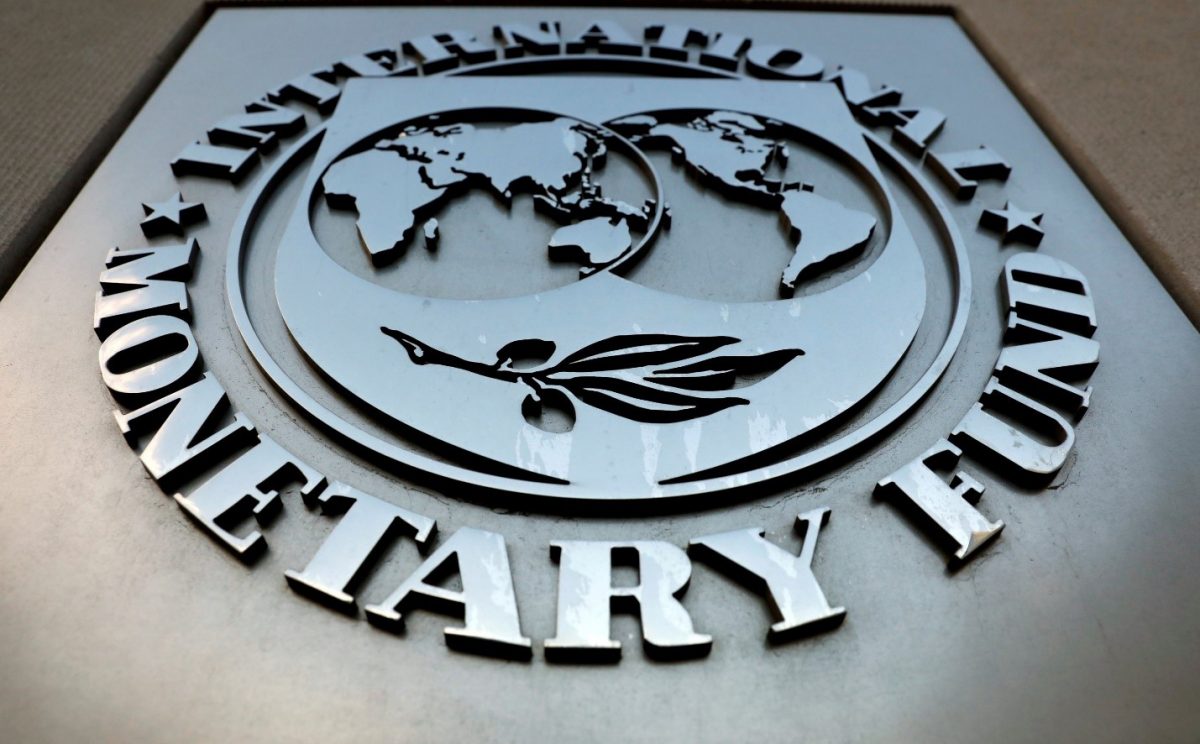After a two-year gap, the International Monetary Fund (IMF) will be visiting Guyana for Article IV consultations where it will meet with government officials and collect information and data as it assesses this country’s economic developments.
An IMF spokesperson told Stabroek News last week that the organization expects the consultations “to take place in the first half of 2022.”
Under Article IV of the IMF’s Articles of Agreement, the IMF holds bilateral discussions with members, usually every year with the last for this country being held in 2019. Those consultations were concluded on August 30, 2019 and a report issued on the 17th of September that same year.
In what will be seen as a cautionary tale for this country and its growing oil wealth, the IMF 2019 staff Report on Guyana had cited pitfalls from Trinidad and Tobago and Ghana to underline what can go wrong here.
The report had said that income from Guyana’s oil had the potential to transform the economy but will need to be managed effectively to limit macroeconomic distortions related to the Dutch disease and governance weaknesses.
It had also stated that that the main direct effect of the oil sector on the domestic economy will be through fiscal revenue and its use.
The report had pointed to the then APNU+AFC Natural Resource Fund (NRF) law and noted that it had provided a framework for establishing the fund, a Public Accountability and Oversight Committee to report on the Fund, and a transfer rule that determines fiscal transfers from the NRF to the budget.
However, it stated that in the event of a delay in initial oil production, the then Act did not allow the front-loading of oil-financed spending in advance of the securing of oil revenue.
In the case of Trinidad, the IMF report said that rapid scaling up of public expenditure risks fueling macroeconomic distortions, inflationary pressures and the eroding of competitiveness.
In the last few years, Guyana has been cautioned about spending prudently and only after the oil revenue actually enters the budget.
The IMF said that Trinidad and Tobago benefited from large increases in oil prices in the 1970s.
It said that the overall public sector fiscal position in the Twin-Island Republic shifted from a surplus in 1981 to deficits totalling around 15 percent of GDP in 1982/83 as outlays rose and the decline in oil revenues more than offset the rise in other revenues. Four-fifths of the public sector deficit originated from central government operations, underlining higher public sector wages and transfers to cover operating losses and capital outlays of the non-financial public enterprises.
The IMF said that the Trinidad economy contracted by 7.5 percent year on year in 1983 as the decline in petroleum output was exacerbated by the fall in the non-petroleum sector.
“The country became increasingly uncompetitive with an appreciating real exchange rate, leading to considerable pressures on the balance of payments. Consequently, the large stock of foreign exchange reserves accumulated during the oil boom was depleted. Significant adjustment started in mid-1980s when the government tightened import and exchange controls and devalued the currency”, the IMF noted.
Citing Ghana’s case, the IMF said that the public debt could grow unsustainably at the same time as the sovereign wealth fund (SWF) accumulates in the absence of a medium-term anchor that is consistent with SWF withdrawal rules.
This is another warning that Guyana has heard often in recent years.
When the Irfaan Ali government took office in 2020 it announced that it will, as had been promised, move to make changes to the NRF.
Through a rushed process that has been heavily criticized for lack of public consultations and input, the new NRF bill was passed on December 29th last year but has not yet been activated as it awaits the completion of the process of selection of NRF Board members.
While the Private Sector has chosen a nominee, Guyana’s Parliament still has not formally submitted the name of its nominee for the Board to the President, and as such the wait continues to see who are the three other members and when the Board will be established.
Ali last week said that he will name his members when the other two are given to him.
It would mean that when Article IV consultations begin, it would be under the PPP/C government and with a different NRF structure.





